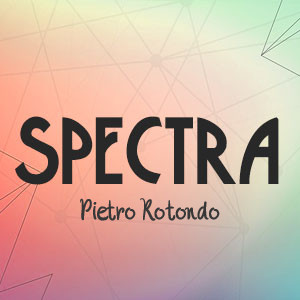
SPECTRA
Understanding the unreasonable effectiveness of many Machine Learning algorithms, and in particular of Deep Neural Networks, is one of the major challenges for scientists working at the interface of Statistical Physics, Information Theory and Computer Science, and may ultimately lead to formulate better Artificial Intelligence (AI), with beneficial effects that go well beyond academic interest alone. SPECTRA is the first step of an ambitious program that will contribute, in a long term effort, to understand the conceptual foundations of modern AI. The project is specifically designed to: (i) deliver a first initial theoretical framework to rationalize the complex interplay between the geometry of the data and the role of the architecture’s components in the supervised learning process; (ii) improve state-of-the-art algorithms for dimensional reduction, based on the insights and tools that Statistical Physics provides to treat high-dimensional problems; (iii) provide the first preliminary application and validation of the theory and toolbox developed during the project to the benchmark datasets of the Machine Learning literature. SPECTRA will combine the solid theoretical background in disordered Statistical Physics of the Applicant, his well-established network of collaborators at the INFN section of Milan, and the interdisciplinary expertise that he developed in the last two years of independent work as a Marie Curie Fellow, where he employed the tools of Theoretical Physics to deal with Machine Learning problems that traditionally lie outside their realm of application. The Applicant will exploit the Fellini Fellowship to open novel routes for Theoretical Physics in the emerging interdisciplinary field of Machine Learning, gaining recognition in the international community working on this topic and eventually securing a permanent position in one of the major Italian Institutions.

Back to Category
